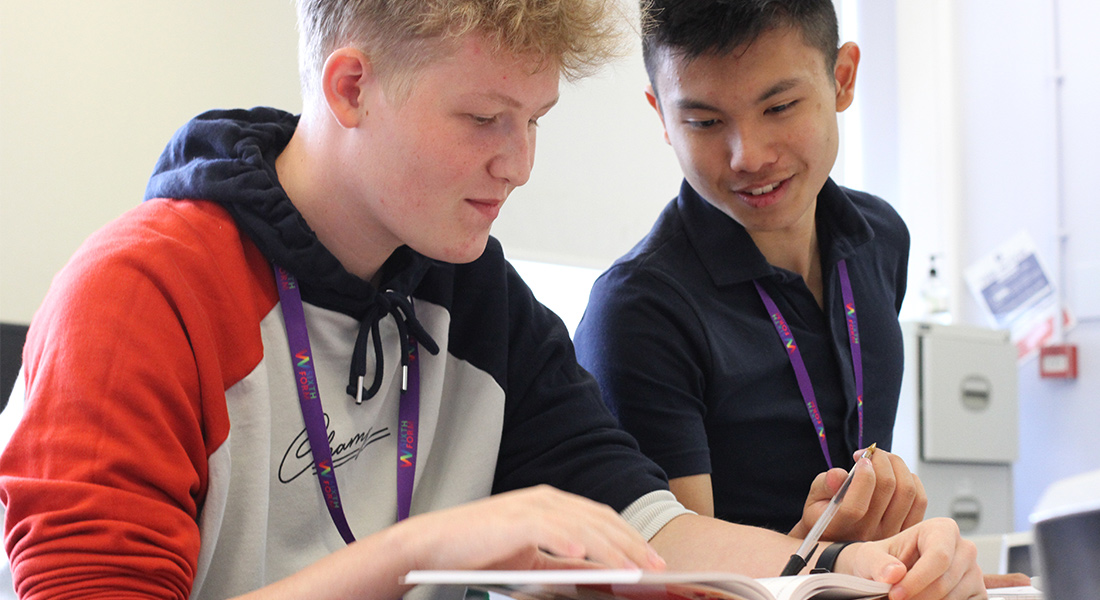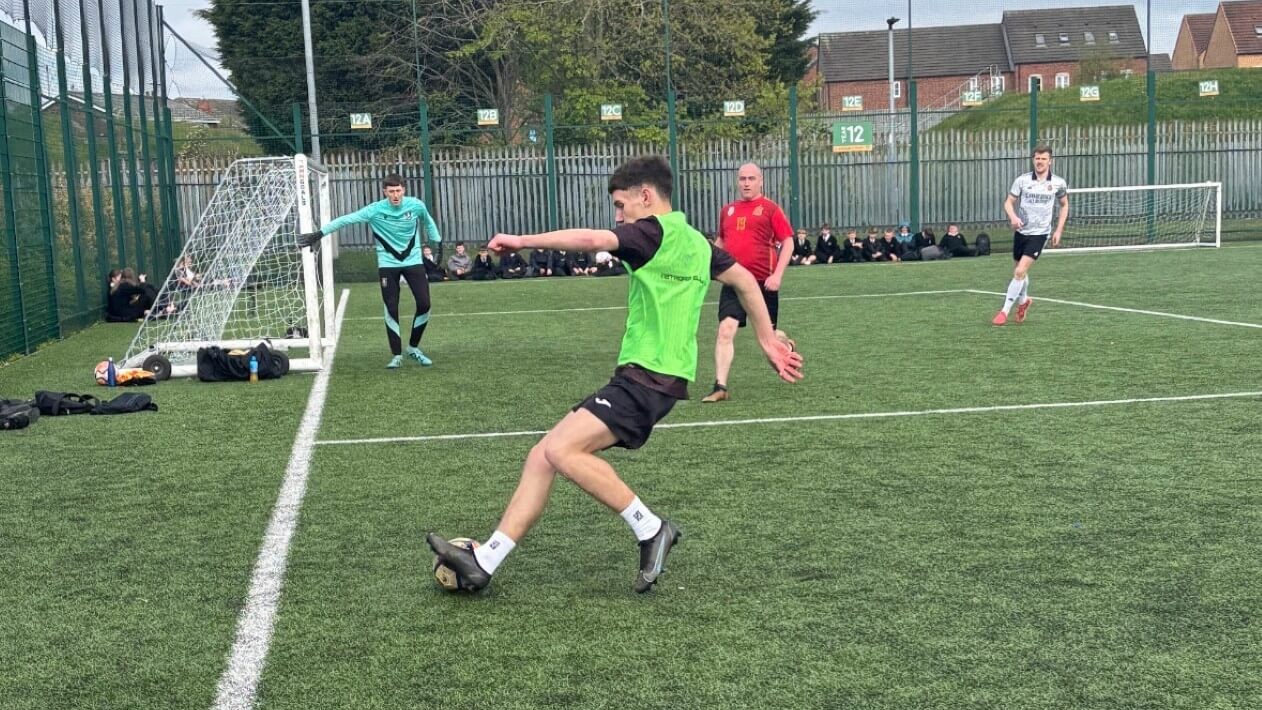This week in A Level English Language, our students have been trying to spot “crutch phrases” used by their teachers, themselves and their friends and family.
These are filler words we use that add very little meaning, but tell us a lot about the person speaking. We use them when speaking to have a second to think of what to say next or to get attention; we lean on them for support, like a crutch.
Does your teacher say “ok” or “right” to get your attention with a positive word, rather than just asking the class to “shut up” when ending a task? Does this work and appear friendly, or does it make them seem less genuine as there is nothing to praise?
“Like” makes what you are saying next seem less certain as just an approximation: is this friendly and not imposing, or does it make you seem less intelligent?
“Basically,” and “obviously” assume the listener agrees with you, but does this build a strong connection or appear arrogant and over confident?
Here are the top 10 to look out for:
- Actually
- Obviously
- Honestly
- Like
- Basically
- Literally
- So
- Well
- Right
- Ok
English Language studies the complexities of English in real life situations. The study of semantics is key to critical analysis in all subjects and English Language is not only a subject but the medium of learning, making it invaluable academia.






